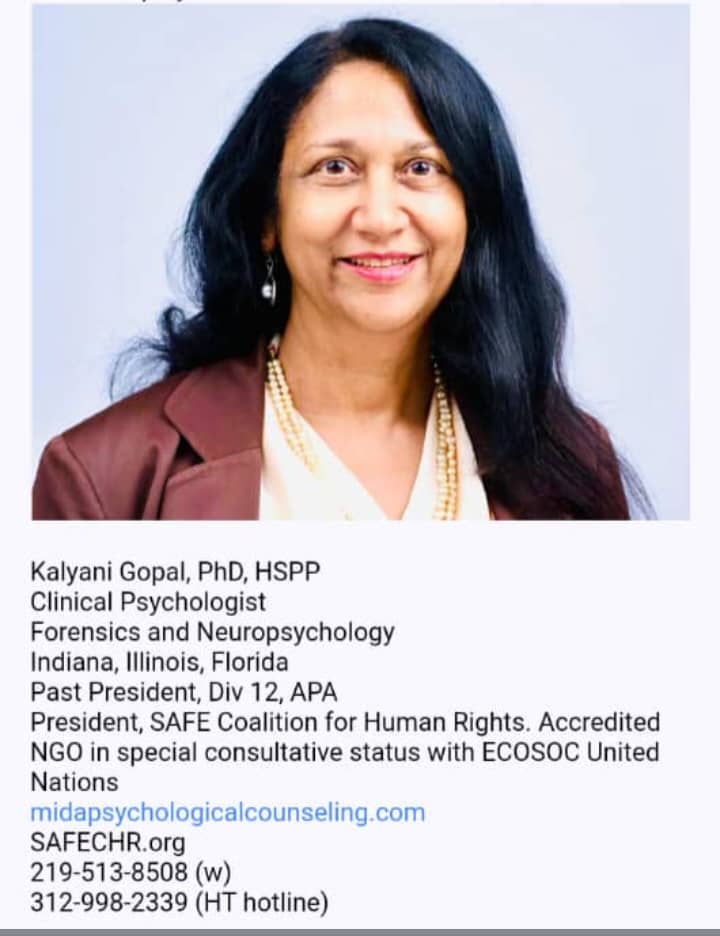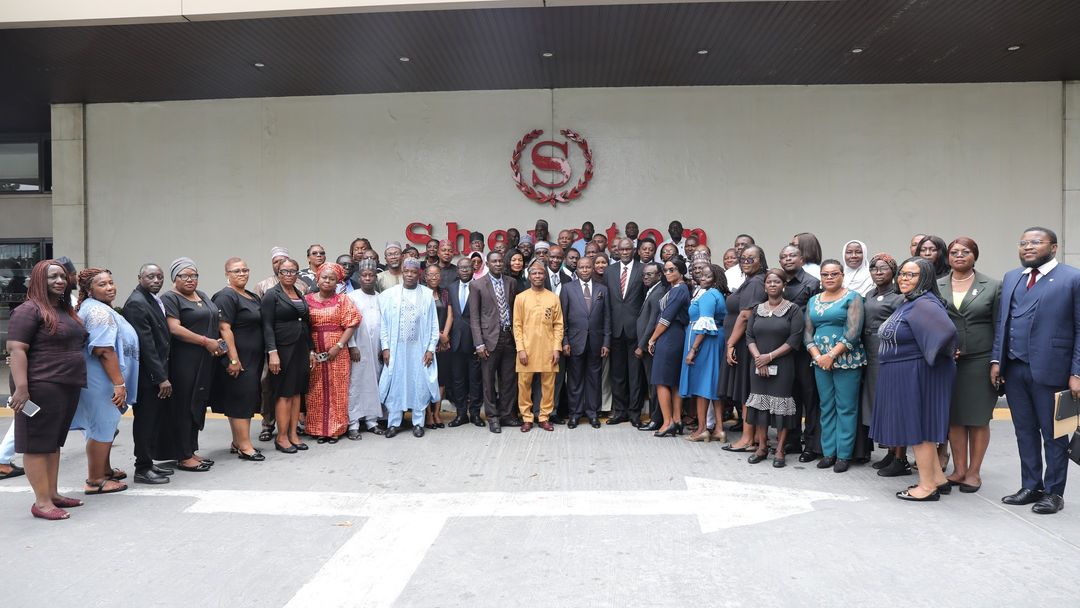Nigeria Moves to Harness Medicinal Plants for Global Phytomedicine Market
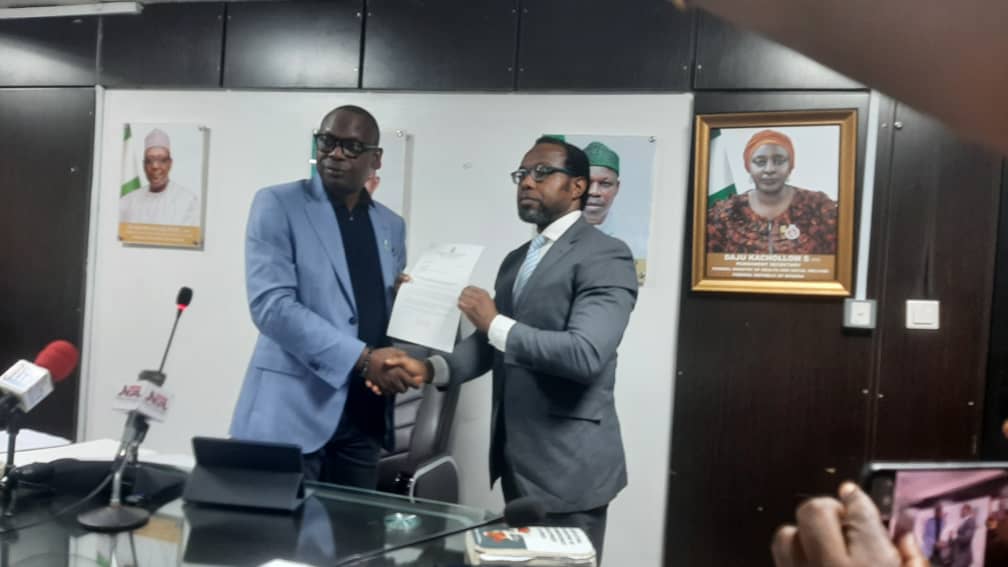
…….Launches Committee to Build Competitive Industry from Nigeria’s Rich Biodiversity
By Fatima Saka
As part of ongoing efforts to reposition Nigeria’s healthcare system and diversify its economy, the Federal Government has inaugurated a Ministerial Committee for the Development of Phytomedicine Value Chains.
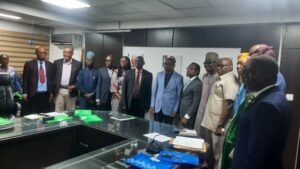
The initiative aims to harness the country’s vast biodiversity and centuries old knowledge of medicinal plants to develop a sustainable, globally competitive phytomedicine industry.
Speaking at the inauguration ceremony on Monday in Abuja, Minister of State for Health and Social Welfare, Dr. Iziaq Adekunle Salako, emphasized the immense yet underutilized potential of Nigeria’s natural medicinal resources.
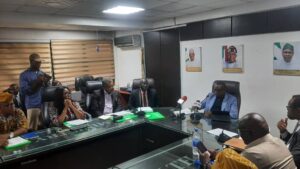
He said the initiative is both a health and socio-economic policy geared towards achieving Universal Health Coverage, economic diversification, and job creation.
“The commercialization of the phytomedicine value chain will create employment opportunities in conservation, cultivation, harvesting, and industrial-scale production of herbal medicinal products,” Dr. Salako stated. “This will position Nigeria to compete in the rapidly expanding global herbal medicine market.”
The newly inaugurated committee is tasked with creating a comprehensive framework to drive phytomedicine commercialization—encompassing research, standardization, quality control, intellectual property rights, and market development. The committee’s terms of reference also include:
Identifying high-potential phytomedicinal products
Facilitating partnerships among traditional medicine practitioners, researchers, and private investors
Proposing policy and regulatory reforms to support commercialization
Building stakeholder capacity and promoting knowledge exchange
Recommending sustainable financing models, including international collaborations and venture capital
Aligning with national health strategies and WHO guidelines on traditional medicine
Dr. Salako called on the committee to deliver actionable outcomes within set timelines, warning that Nigeria can no longer afford to be a net importer of healthcare products while its indigenous knowledge systems and biodiversity remain untapped.
“We must lead, not lag behind, in the global shift towards integrating traditional and modern medicine,” he said. “This is a call to patriotism and innovation.”
Responding on behalf of the committee, Dr. Obi Adigwe, Director-General of the National Institute for Pharmaceutical Research and Development (NIPRD), Chairman of the committee praised the government’s vision and assured the minister of the committee’s commitment to the assignment.
“This sector is projected to reach nearly $500 billion globally in a few years,” Adigwe noted. “Given Nigeria’s ecology, biodiversity, and traditional knowledge systems, we are well-positioned not only to produce high-quality products but also to transform these into improved healthcare access, revenue, job creation, and technology transfer.”
He pledged the committee’s readiness to collaborate with key stakeholders and urged the minister to support the committee through regular engagement with development partners and field visits.
Also speaking, Titus Tile, Director of Traditional, Complementary, and Alternative Medicine at the Federal Ministry of Health, the Vice Chairman of the committee highlighted the untapped wealth of Nigeria’s flora. “Our medicinal plants are not just statistics—they are opportunities for affordable healthcare, job creation, and global positioning.”
He emphasized the need for Nigeria to stop operating at the periphery of a trillion-dollar global industry, urging the committee to leverage political will and existing policies like the Presidential Executive Order on Pharma to scale up.
READ ALSO: Senate Resumes Today, Prioritizes Rivers Crisis Reconciliation, Tax Reform, and National Security
Celebrating the Life and Legacy of Mazi Emmanuel Ashinze: Educator, Mentor, and Disciplinarian
Other members, including Mr. Omotayo Hamza, Supply Chain Management Officer, expressed their support. “This is a vital component of our healthcare system. WHO is committed to supporting its realization in line with our resolutions,” he said.
Hamza also recounted his academic experience in pharmacognosy, underscoring the historical and scientific significance of traditional medicine in healthcare education.




